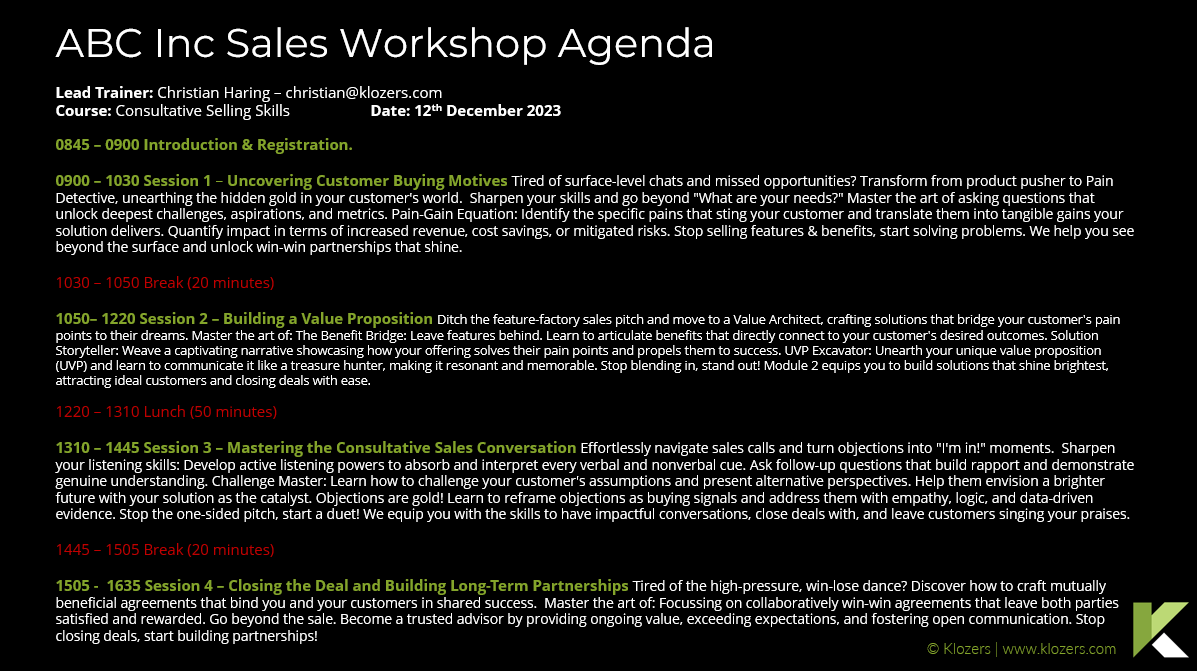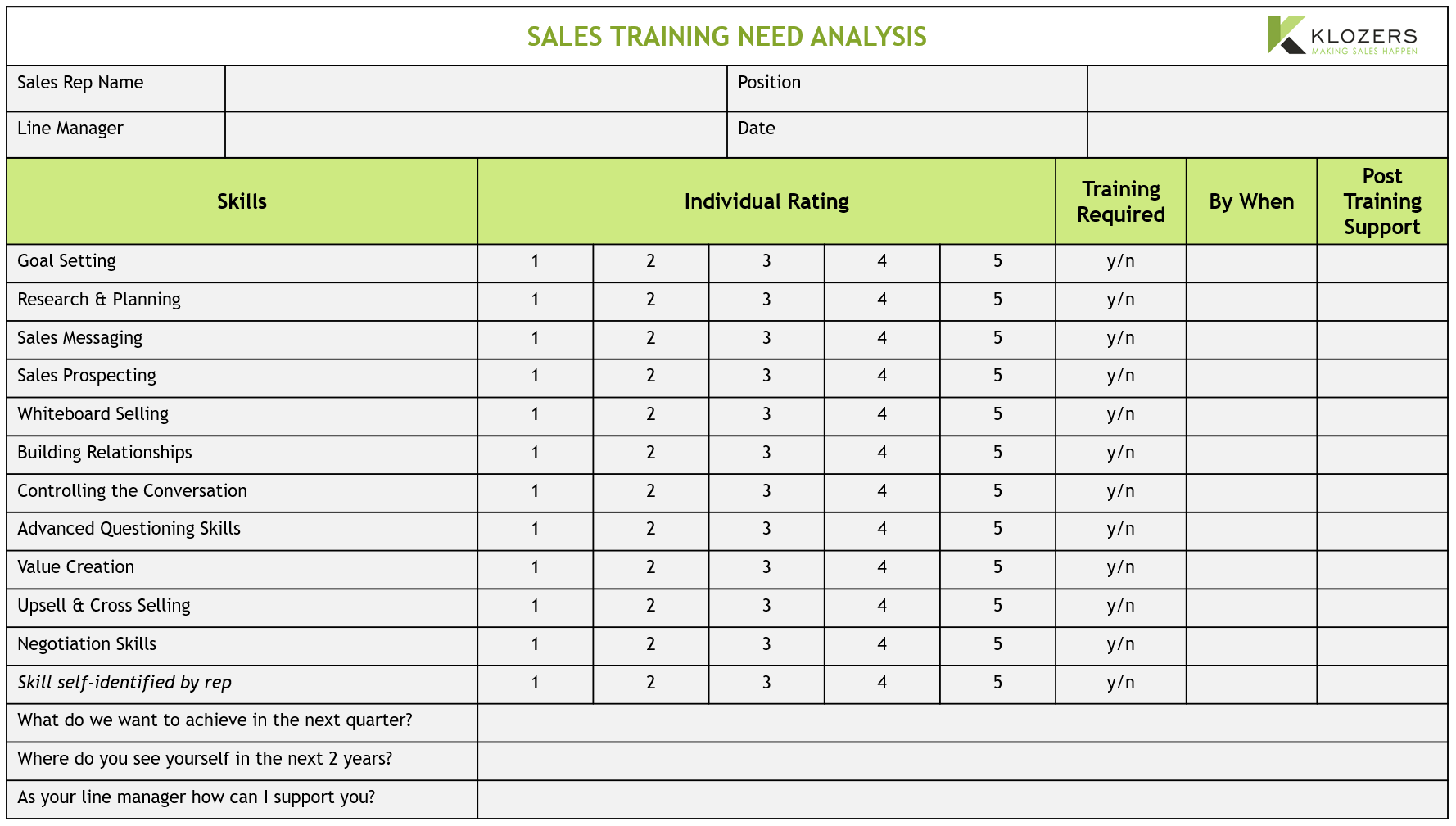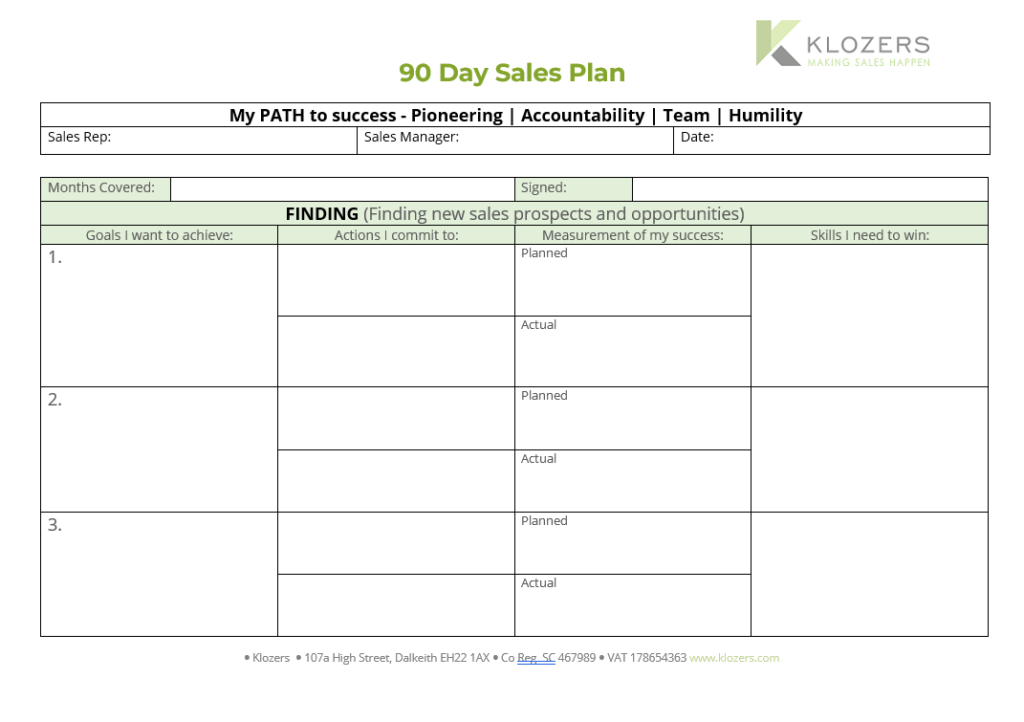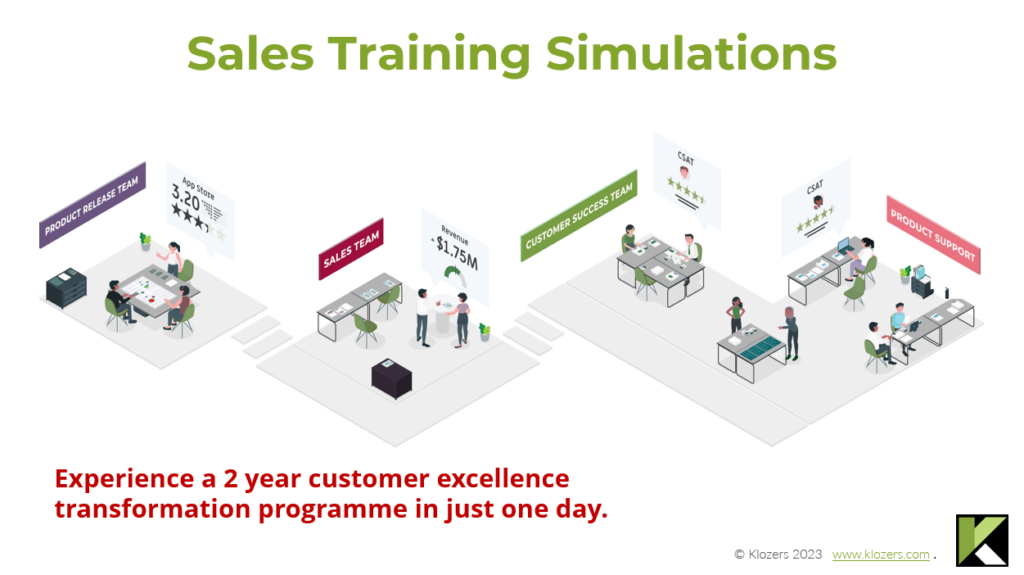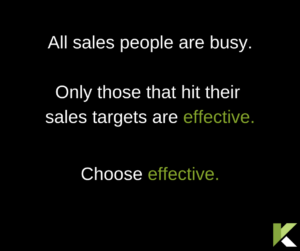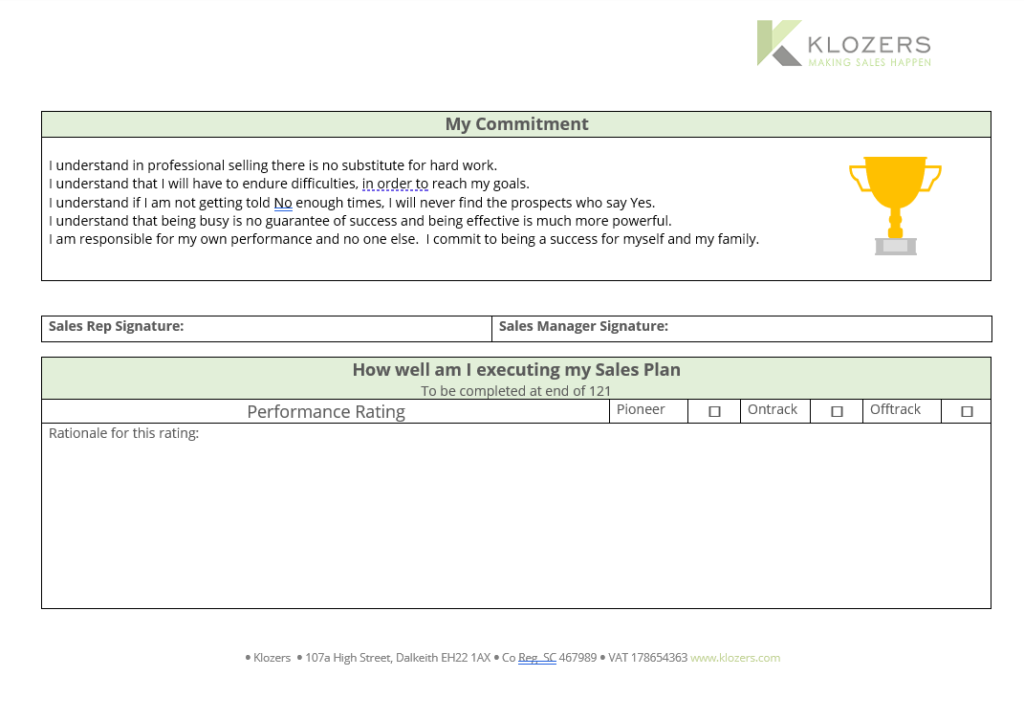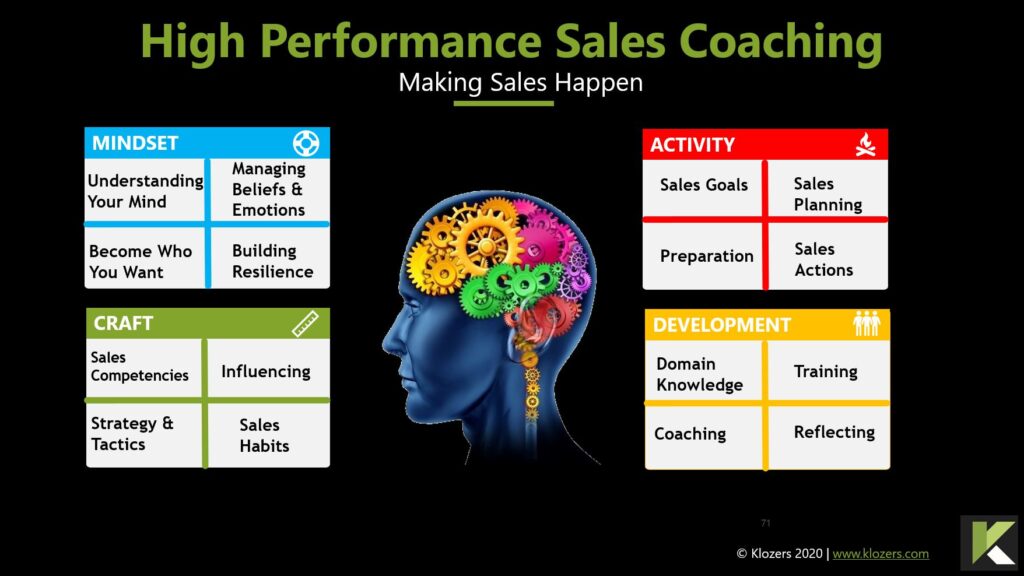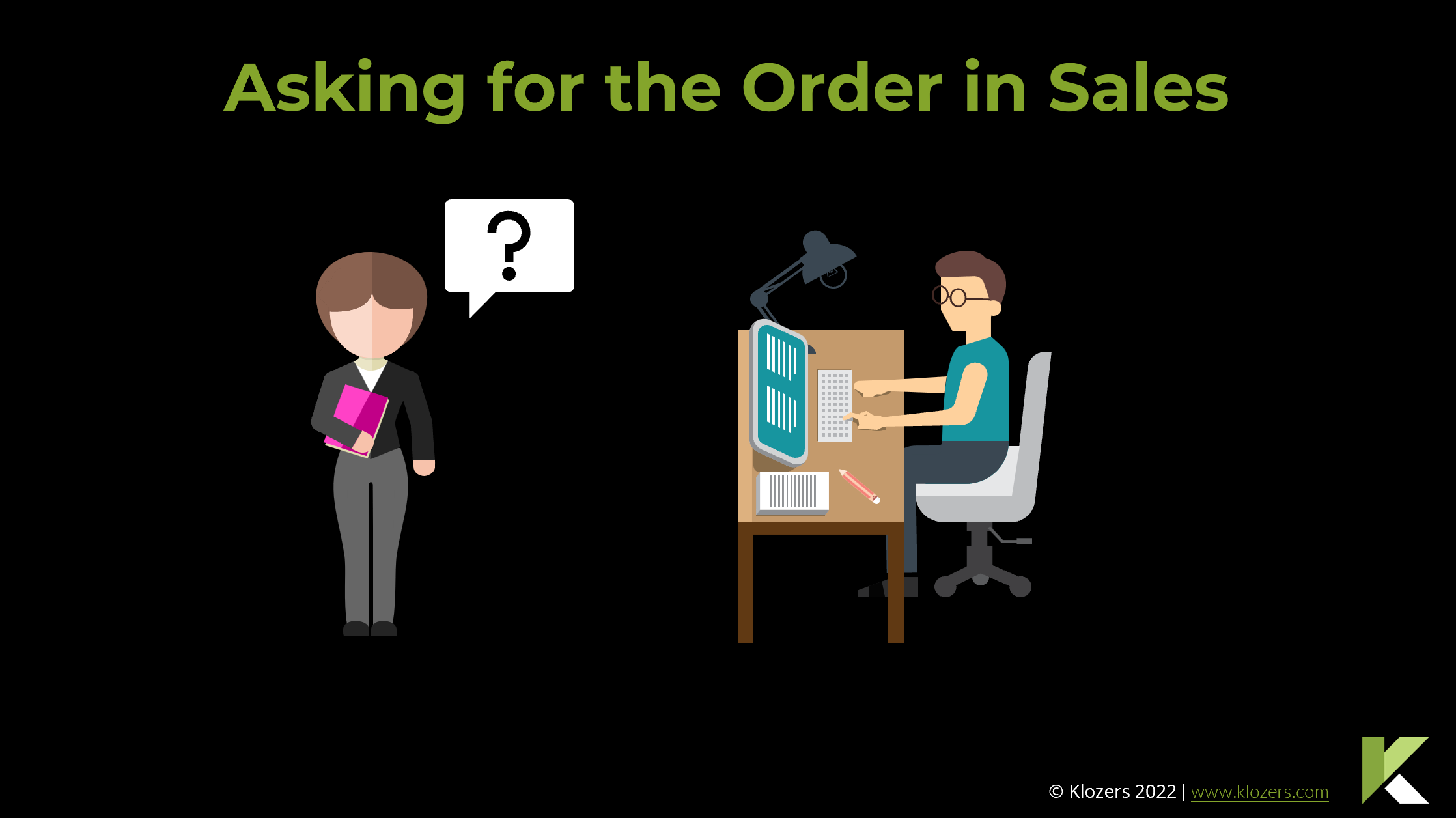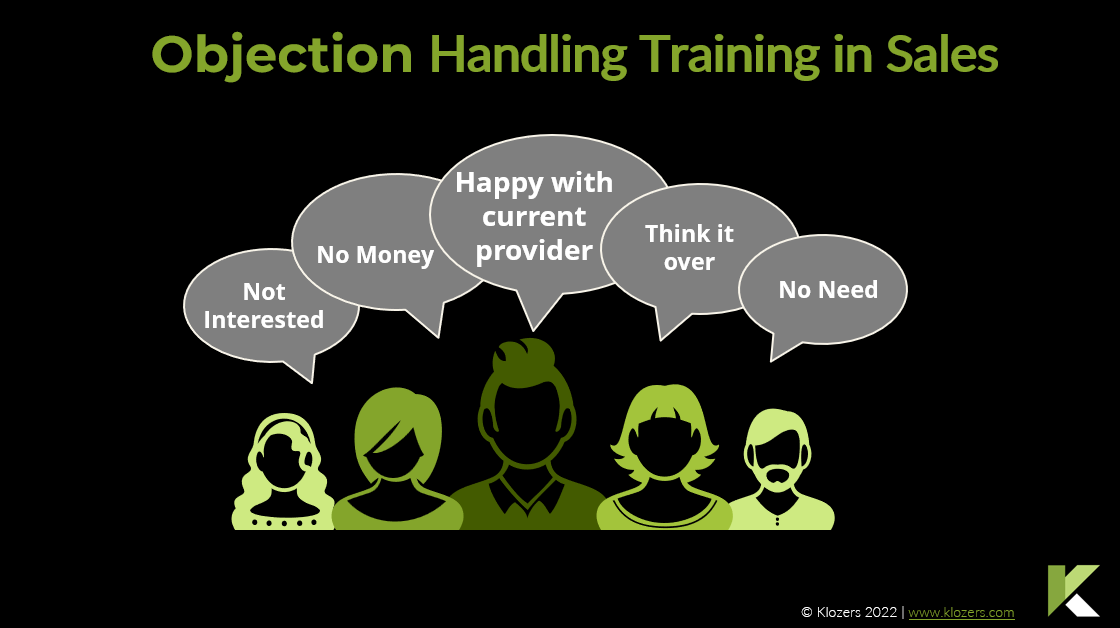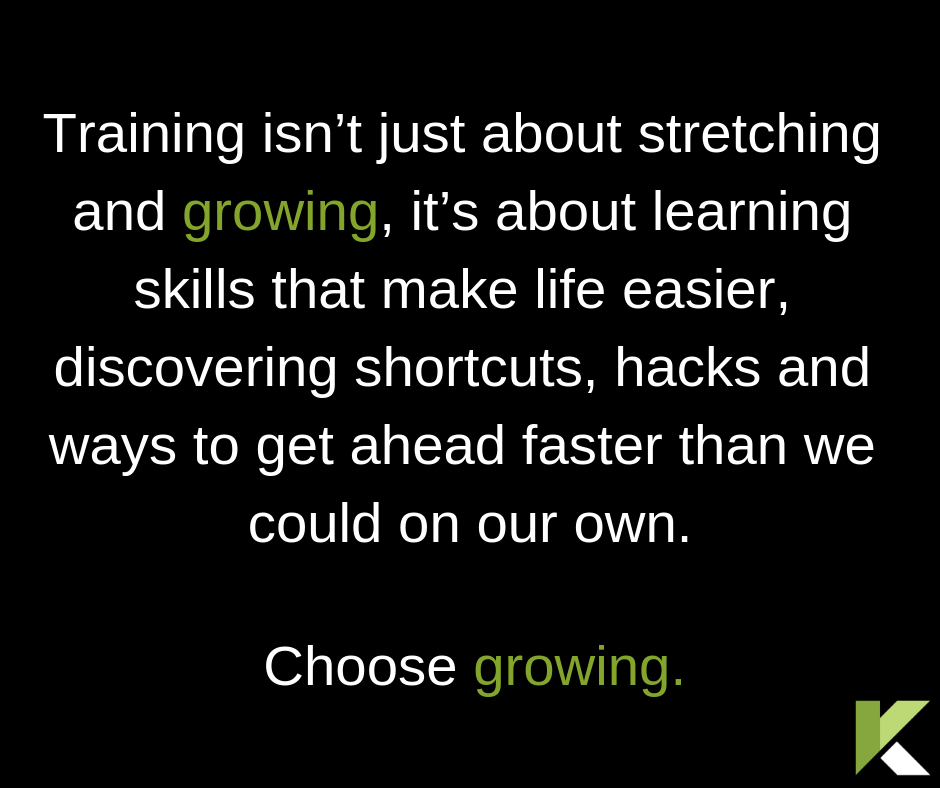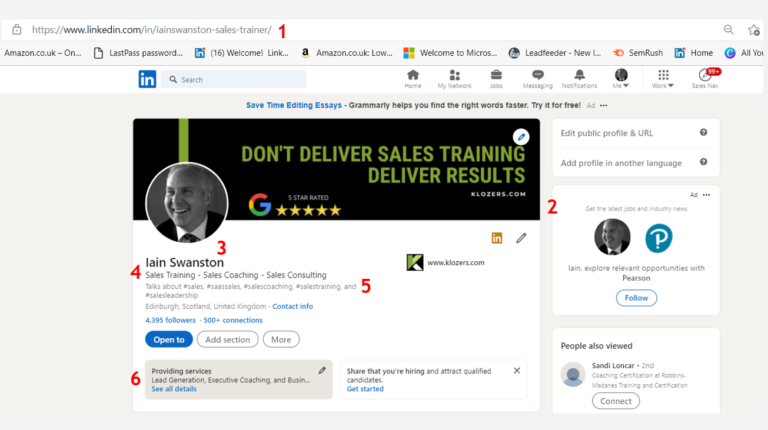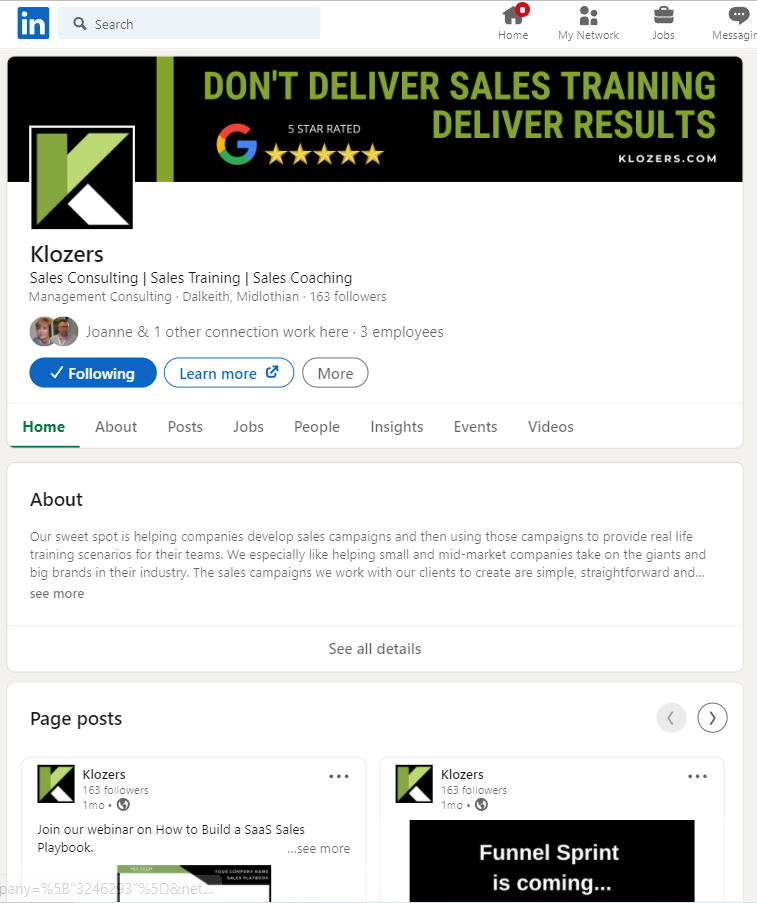9 Sales Training Books That Changed How I Sell
Sales Training Books - Top Question from Google
What are the best books to read about sales??
Here’s the short answer:
Whilst there are tens of thousands of books on sales and selling, the best books to read about sales depends on your specific needs and experience level.
Whilst I haven’t personally read every single sales book, I have read hundreds of books over the years.
I have chosen these books not just because they were a “good read”, but because they helped me change either my mindset, or behaviour. In sales more than any other role, change is a critical part of your development.
Enjoy:
- As A Man Thinketh by James Allen
- How To Win Friends And Influence People by Dale Carnegie
- Influence: Science and Practice by Robert Cialdini
- Positioning: The Battle for Your Mind by Al Ries and Jack Trout
- New Sales. Simplified: The Essential Handbook for Prospecting and New Business Development by Mike Weinberg
- Influence: Understand the impact of your words and how to construct messaging that changes human behavior by Robert Cialdini
- To Sell Is Human: The Surprising Truth About Moving Others by Daniel H. Pink
- Cracking the Sales Management Code: The Secrets to Measuring and Managing Sales Performance by Jason Jordan and Michelle Vazzana
- Fanatical Prospecting: The Ultimate Guide to Opening Sales Conversations and Filling the Pipeline by Leveraging Social Selling, Telephone, Email, Text, and Cold Calling’ by Jeb Blount.
These books cover a wide range of sales topics, from sales strategy, sales tactics, prospecting and relationship building, to closing deals and managing objections. They are not all written by salespeople or sales trainers, but they are packed with practical and actionable advice that you can use to improve your sales skills and close more deals.
If you are new to sales, I recommend starting with a book like As A Man Thinketh or New Sales Simplified. The first book will help you understand the importance of your mindset, whilst the second will give you a solid overview of the sales process and help you to develop a winning sales strategy.
If you are already an experienced salesperson, you may want to focus on more specialized books, such as SPIN Selling or Solution Selling. These books will teach you how to qualify prospects, identify their needs, and present your products or services in a way that shows value.
No matter what your experience level, I encourage you to read at least a few of the books on this list. They are all excellent resources for learning about sales and improving your skills.
In this article we will cover...
There’s a new way to deliver sales growth…
Don’t buy Sales Training until you’ve watched this video…
1. As a Man Thinketh by James Allen
My all time favourite book is “As a Man Thinketh” by James Allen. It is a short but difficult book to read as it is written in “olde” English. If you can get past the text style it is such a powerful book that can help you achieve success in all areas of your life, not just sales.
In modern selling, where 42% of salespeople are suffering from anxiety and 36% have symptoms of depression, resilience, confidence, and the ability to influence are arguably the most important success factors in b2b sales. James Allen’s classic work “As a Man Thinketh” offers timeless wisdom. It underscores the profound impact of our thoughts on our actions and outcomes, making it a valuable resource for sales professionals.
Key Takeaways for B2B Sales Professionals
Thoughts Shape Reality: Your thoughts are the seeds of your achievements. A positive mindset cultivates confidence, attracts opportunities, and fosters resilience in the face of rejection—essential qualities in B2B sales.
Cultivate an Abundance Mindset: Instead of focusing on scarcity and competition, adopt an abundance mindset. Believe that there are ample opportunities for everyone to succeed. This perspective opens doors to creative solutions and collaborative partnerships.
The Power of Visualization: Visualize your success vividly and regularly. Picture yourself closing deals, building strong relationships, and achieving your sales goals. This practice reinforces positive neural pathways, priming you for success.
Mastering Your Thoughts: Recognize that your thoughts are not always accurate reflections of reality. Challenge negative self-talk and replace it with empowering affirmations. This practice builds mental resilience and helps you bounce back from setbacks.
Thoughts as Actions: Every thought is a form of action. Negative thoughts breed inaction and fear, while positive thoughts fuel motivation and proactive behaviors. Choose your thoughts wisely to propel yourself toward your goals.
Practical Applications for Sales Reps
- Morning Affirmations: Begin each day with affirmations that reinforce your confidence and capabilities. For example, “I am a skilled communicator and a trusted advisor to my clients.”
- Gratitude Practice: Regularly express gratitude for your successes, your team, and the opportunities you encounter. This cultivates a positive outlook and attracts more good fortune.
- Mindfulness Meditation: Practice mindfulness to become more aware of your thoughts and emotions. This awareness allows you to choose empowering thoughts and manage stress effectively.
- Visualization Exercises: Before important meetings or presentations, visualize a successful outcome. Picture yourself engaging with clients, addressing their needs, and closing the deal.
- Positive Self-Talk: When faced with challenges, reframe negative thoughts into positive ones. Instead of “I’m not good enough,” tell yourself, “I am learning and growing with each experience.”
“As a Man Thinketh” reminds us that our minds are powerful tools. By mastering our thoughts and cultivating a positive mindset, we can unlock our full potential in B2B sales and beyond.
2. How to Win Friends & Influence People by Dale Carnegie
Another great book is “How to Win Friends and Influence People” by Dale Carnegie. It is a classic book that has been helping people achieve success in business and personal relationships for over 80 years.
The book is full of practical advice on how to build relationships with people, get them to like you, and influence their thinking. Carnegie’s advice is based on the principle that people are more likely to do business with people they like and trust.
Here are some of the key takeaways from the book that can be applied to B2B sales:
Be genuinely interested in other people.
Smile and be friendly.
Remember people’s names.
Be a good listener.
Talk about things that are of interest to the other person.
Make the other person feel important.
Avoid arguing with people, criticizing them, and bragging about yourself.
Carnegie also provides advice on how to avoid common mistakes in business and personal relationships.
In B2B sales people buy from people. So if you are serious about achieving success in B2B sales, I highly recommend reading “How to Win Friends and Influence People.” It is a book that will help you build stronger relationships with customers and ultimately close more deals.
3. Influence: The Psychology of Persuasion by Robert Cialdini
Influence: The Psychology of Persuasion by Robert Cialdini is a must-read for B2B salespeople. It teaches you how to persuade people to say yes by using six key principles:
Reciprocity: Give to get. Offer prospects valuable information or resources before asking them to buy from you.
Commitment and consistency: People tend to stick to their commitments. Get prospects to commit to something small, like scheduling a demo, and they’ll be more likely to buy from you later on.
Social proof: People are more likely to do something if they see other people doing it. Use testimonials and case studies to show prospects that other businesses have benefited from your product or service.
Liking: People are more likely to say yes to someone they like. Find common ground with your prospects and build rapport with them.
Authority: People are more likely to say yes to someone they perceive as an authority figure. Position yourself as an expert in your field by writing blog posts, giving presentations, and attending industry events.
Scarcity: People are more likely to want something if they think it’s scarce. Offer limited-time discounts or promotions to create a sense of urgency.
Cialdini’s principles are backed by scientific research, and they’ve been used by successful salespeople for decades. If you’re serious about increasing your sales, I highly recommend reading Influence.
4. Positioning - The Battle for Your Mind
You probably won’t expect this one, but selling comes in many shapes and forms. Positioning: The Battle for Your Mind is a must-read for B2B sales experts who want to learn how to position their product or service in the minds of their target customers.
The book’s central premise is that the human mind can only hold a limited number of positions for products and services in any given category. In order to be successful, businesses must therefore create a unique position in the customer’s mind for their product or service. This position must be clear, concise, and easy to remember.
What I really liked about the book was that Ries and Trout provide a number of practical tips on how to position your product or service effectively, including:
Focus on a single position. Don’t try to be everything to everyone.
Differentiate yourself from your competitors. What makes your product or service unique?
Be consistent in your messaging. Make sure that all of your marketing materials communicate your position clearly and consistently.
Positioning: The Battle for Your Mind is a classic book that has stood the test of time. It is essential reading for any B2B sales expert who wants to learn how to position their product or service effectively.
5. New Sales Simplified by Mike Weinberg
If I was ever to right a book I would be accused of copying this book. Reading the book I found I had so many things in common with Mike Weinberg in terms of sales approach and style. New Sales Simplified: The Essential Handbook for Prospecting and New Business Development by Mike Weinberg is a must-read for any B2B salesperson. It is a clear, concise, and practical guide to the sales process, with a focus on prospecting and new business development.
Weinberg shares his proven formula for prospecting, developing, and closing deals, based on his own experience as a successful salesperson. He also provides real-world examples and stories to illustrate his points, and acknowledges that the sales process can be tough and challenging.
One of the key takeaways from the book is the importance of prospecting. Weinberg argues that prospecting is the lifeblood of any sales organization, and that salespeople should focus on developing a consistent and effective prospecting routine.
Another key takeaway is the importance of having a compelling sales story. Weinberg argues that salespeople need to be able to articulate the value of their product or service in a way that is customer-focused and persuasive.
Finally, Weinberg emphasizes the importance of persistence and resilience. He argues that salespeople need to be able to bounce back from rejection and keep moving forward, even when things are tough.
Overall, New Sales. Simplified is an excellent book for any B2B salesperson who wants to improve their skills and results. It is a valuable resource that will help you take your sales career to the next level.
6. Atomic Habits by James Clear
In the competitive world of B2B sales, the book “Atomic Habits” by James Clear offers a transformative perspective. It highlights how mastering small, incremental changes (atomic habits) can lead to significant improvements in sales performance over time.
Key Takeaways for B2B Sales Professionals
The Power of 1% Better: In B2B sales, consistent marginal gains make the difference. Consistently improving your skills by 1% each day compounds over time, leading to remarkable results. This could mean refining your cold calling scripts, improving your product knowledge, or enhancing your follow-up strategies.
Forget Goals, Focus on Systems: Rather than obsessing over hitting a specific sales quota, focus on building the daily habits and routines that support success. This might include scheduling time for prospecting each morning, practicing your sales pitch regularly, or maintaining a CRM system meticulously.
The Four Laws of Behavior Change:
- Make it Obvious: Clearly define the triggers for your desired habits. Set reminders on your calendar, leave notes for yourself, or arrange your workspace to promote productive behaviors.
- Make it Attractive: Connect positive emotions with your new habits. Reward yourself for completing tasks, visualize the benefits of your efforts, or partner with colleagues for mutual encouragement.
- Make it Easy: Remove barriers and streamline processes. Use sales automation tools, prepare email templates in advance, or pre-qualify leads to reduce friction.
- Make it Satisfying: Celebrate your wins, both big and small. Share your successes with your team, acknowledge your progress, and find ways to make the sales process enjoyable.
Practical Examples for B2B Sales
- Habit Stacking: Pair a new habit with an existing one. For instance, after each client meeting, schedule 15 minutes to update your CRM notes.
- Temptation Bundling: Combine a necessary task with something enjoyable. Listen to an inspiring podcast while you’re researching potential clients.
- Environment Design: Optimize your workspace for productivity. Keep distractions to a minimum, have all your sales materials readily accessible, and create a visually appealing and motivating environment.
- Tracking Progress: Use a habit tracker to monitor your daily actions and celebrate your successes. This visual representation of progress can be highly motivating.
In B2B sales, your habits define your results. “Atomic Habits” provides a roadmap for building a system of positive behaviors that lead to consistent growth and achievement. By embracing small, incremental changes and focusing on the process, not just the outcome, you can unlock your full sales potential.
7. To Sell is Human by Daniel Pink
‘To Sell Is Human’ by Daniel H. Pink is a must-read for B2B sales professionals. Pink challenges traditional sales notions and introduces the ABCs of Attunement, Buoyancy, and Clarity. These principles are essential for B2B sales success, emphasizing empathy, storytelling, and trust-based selling. The book provides practical exercises and insights for improving sales strategies.
While not a step-by-step guide, it does equips readers with the mindset and knowledge needed to excel in modern B2B sales. Pink’s fresh perspective and actionable tools make this book indispensable for those navigating the competitive B2B sales landscape.
Pink’s emphasis on “servant selling” as a trusted advisor aligns perfectly with the consultative and solution-based approach prevalent in B2B sales. Moreover, his insights on the power of storytelling resonate with the need to engage and persuade clients in a meaningful way.
‘To Sell Is Human’ provides a comprehensive understanding of the dynamics involved in moving others. It’s not just a book; it’s a strategic resource for B2B sales professionals who aim to excel in a fast-paced and ever-changing environment.
Whether you’re a seasoned salesperson or just starting in B2B sales, Pink’s book will provide you with valuable perspectives and tools to enhance your effectiveness.
8. New Sales Simplified by Mike Weinberg
In B2B sales, where relationship building, complex solutions, and long sales cycles are the norm, the book “Cracking the Sales Management Code” by Jason Jordan and Michelle Vazzana offers a scientific approach to driving sales performance.
Here are my key takeaways from the book:
Sales is a System, Not an Event: B2B sales is a series of interconnected steps, each influencing the next. By understanding this system, sales managers can identify bottlenecks, optimize processes, and create a more predictable sales pipeline.
Metrics Matter, But Choose Wisely: While data is essential, not all metrics are created equal. Focus on leading indicators (e.g., number of qualified leads, sales activity levels) that predict future results, rather than lagging indicators (e.g., revenue) that only report past performance.
Manage Activities, Not Just Results: Sales reps have control over their daily activities, not the final outcome of a deal. By setting clear activity goals (e.g., number of calls, demos, proposals) and tracking progress, managers can influence behaviors that lead to better results.
Align Sales Objectives with Business Results: Ensure that your sales team’s goals are directly linked to the company’s overall objectives. This alignment fosters a sense of purpose and ensures that everyone is working towards the same ultimate goals.
The Sales Management Framework: The book outlines a six-step process for effective sales management:
- Define Business Results: Clearly articulate the desired outcomes (e.g., revenue growth, market share).
- Identify Sales Objectives: Determine the sales targets that will drive those results.
- Select Key Sales Processes: Identify the critical steps in your sales cycle that impact objectives.
- Choose Activities to Manage: Pinpoint the specific actions within those processes that reps can control.
- Set Targets: Quantify goals for each result, objective, and activity.
- Manage Performance: Continuously track and analyze data to identify areas for improvement and coach your team to success.
Practical Applications for B2B Sales
- Pipeline Analysis: Regularly review your sales pipeline to identify potential issues (e.g., stalled deals, insufficient leads) and take corrective action.
- Activity Tracking: Implement a system for tracking sales activities to ensure reps are focused on the right actions.
- Data-Driven Coaching: Use sales data to identify areas where individual reps need support and provide targeted coaching to help them improve.
- Continuous Improvement: Regularly assess your sales management practices and make adjustments based on data and feedback.
“Cracking the Sales Management Code” provides sales leaders with a systematic framework for driving performance and achieving predictable results. By applying the principles outlined in the book, you can create high-performing sales teams that consistently deliver business success.
9. Fanatical Prospecting by Jeb Blount
‘Fanatical Prospecting’ by Jeb Blount is a remarkable guide for sales professionals, earning its well-deserved five-star rating. Blount’s approach to populating your sales pipeline is a compelling blend of inspiration and pragmatic strategies, making this book an indispensable resource for anyone navigating the challenging world of sales.
What truly sets this book apart is its profound exploration of the psychological barriers that sales professionals often face, most notably the fear of rejection. I personally think we all have a “fear of rejection” but it affects some of us more than others. Blount doesn’t just acknowledge these challenges; he provides actionable techniques to conquer them, enabling readers to harness their full potential.
Blount places a significant emphasis on the necessity of unwavering prospecting across various channels, such as social selling, phone calls, emails, texts, and even cold calls. His ‘3-3-3’ method, highlighting the power of consistent daily prospecting, is particularly noteworthy.
In the modern sales world too many salespeople are struggling to fill the top of their funnel. This classic book offers an invaluable roadmap to doing so and the success this brings. It’s a must-read for both seasoned sales experts and those embarking on their sales journey, providing essential tools and techniques to excel in the world of sales.
I would wholeheartedly endorse Jed’s book to anyone looking to master the art of prospecting potential customer and achieving huge success in sales.
Beyond the Pages: Why Books Aren’t Enough
Sales Conversations: More Than Words on Paper
Sales conversations are the lifeblood of successful selling. While sales books provide valuable insights, they can’t replace the interactions that happen in sales training and coaching. Sales techniques and skills used in a face-to-face meeting, a phone call, or a virtual chat cannot be learned by reading. Sales training teaches sales reps to connect with prospects, understand their needs, and tailor their approach accordingly.
A Great Sales Career take more than a book
If you are serious about developing your sales career or that of your sales team then it will take more than simply reading sales books. Sales books are great if you simply want to gain sales knowledge at an academic level, but sales winners all have practical sales experience.
Sales Success Strategies: Practical Advice for Achieving Results
While classic books lay out key principles and proven formulas, success in sales requires more than theory. It demands actionable advice that can be applied directly to the challenges faced by sales teams. From prospecting techniques to closing deals, the ultimate guide to sales success involves a step-by-step approach that bridges the gap between knowledge and results.
The Human Mind and Persuasion: Going Beyond What’s Written
Emotional intelligence and understanding the human mind is critical for effective sales. It’s about knowing your target audience, knowing how to create desire; it’s about tapping into emotions, addressing objections, and influencing behavior. Whether it’s fear of rejection, the power of persuasion, or the art of storytelling, salespeople must navigate the complexities of the human psyche to thrive in a competitive marketplace.
Coaching and Existing Relationships: The Missing Pieces
Sales books provide a wealth of knowledge, but training and coaching fills the gaps. Existing relationships with mentors, managers, and colleagues offer invaluable insights, personalized feedback, and encouragement. Acknowledging setbacks, refining approaches, and measuring outcomes—all of these elements are essential for sales professionals to continuously improve and achieve their sales goals.
While sales books are excellent resources, they serve as a foundation. To truly succeed in sales, salespeople must combine their reading with real-world experience, practical application, and ongoing learning. Happy selling!
“A fantastic learning experience”
Amanda – Account Manager









